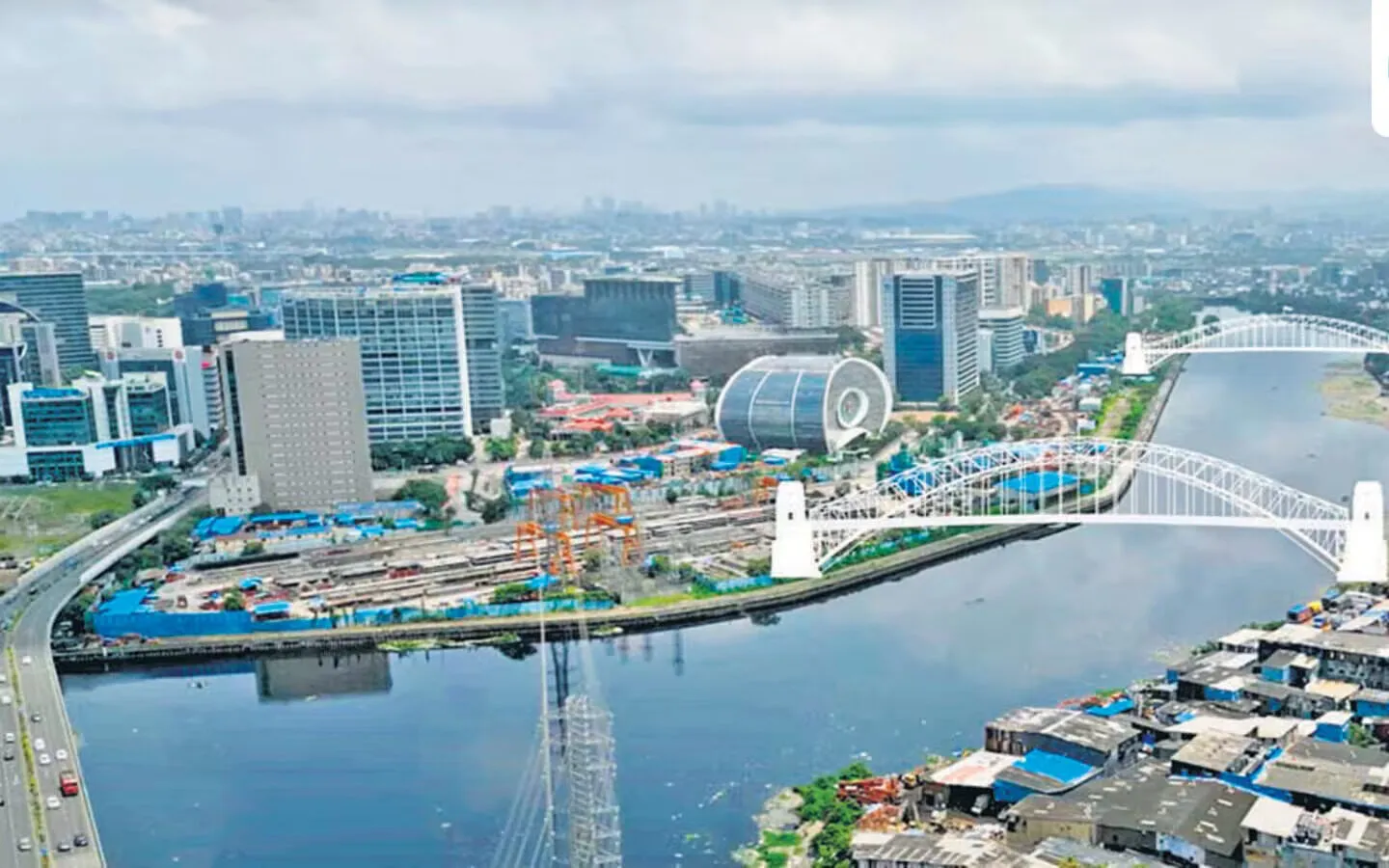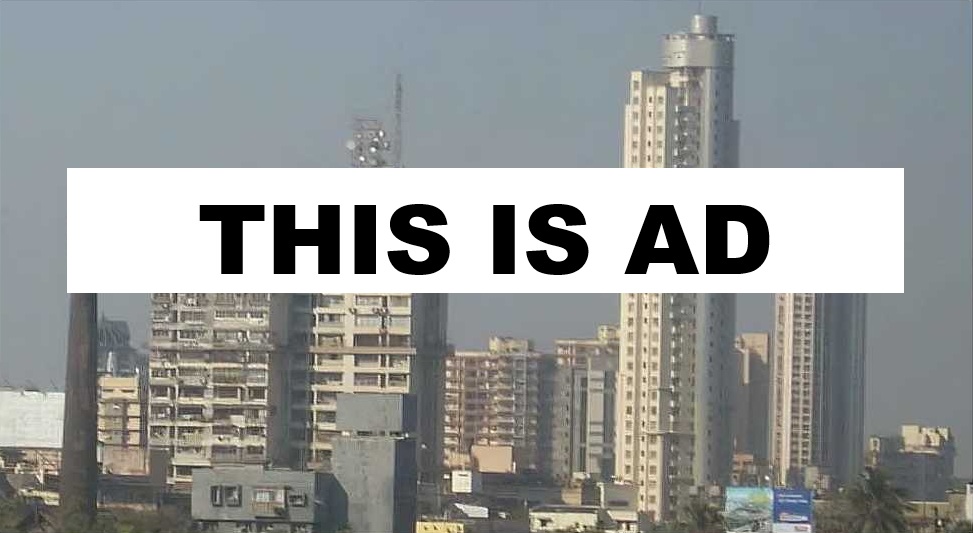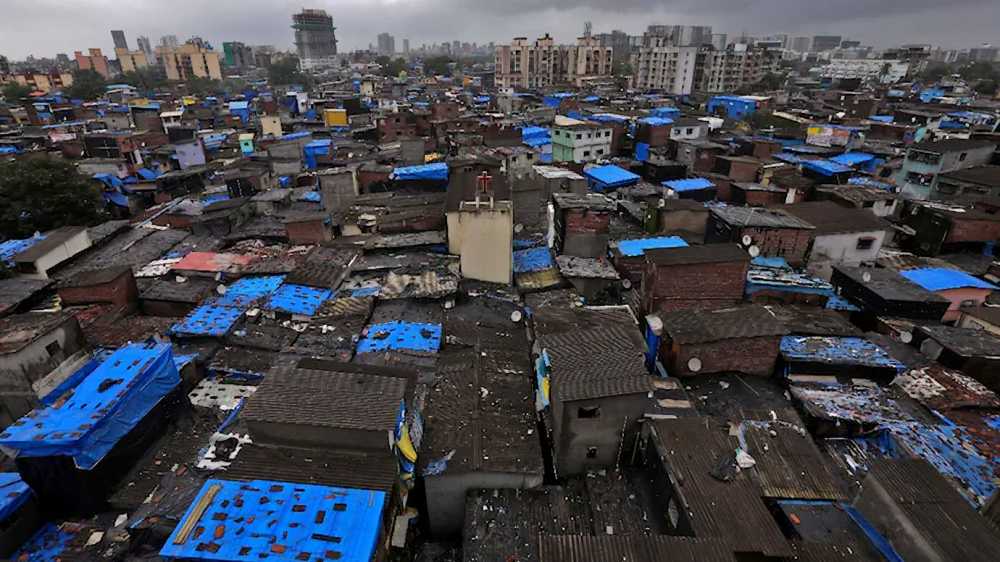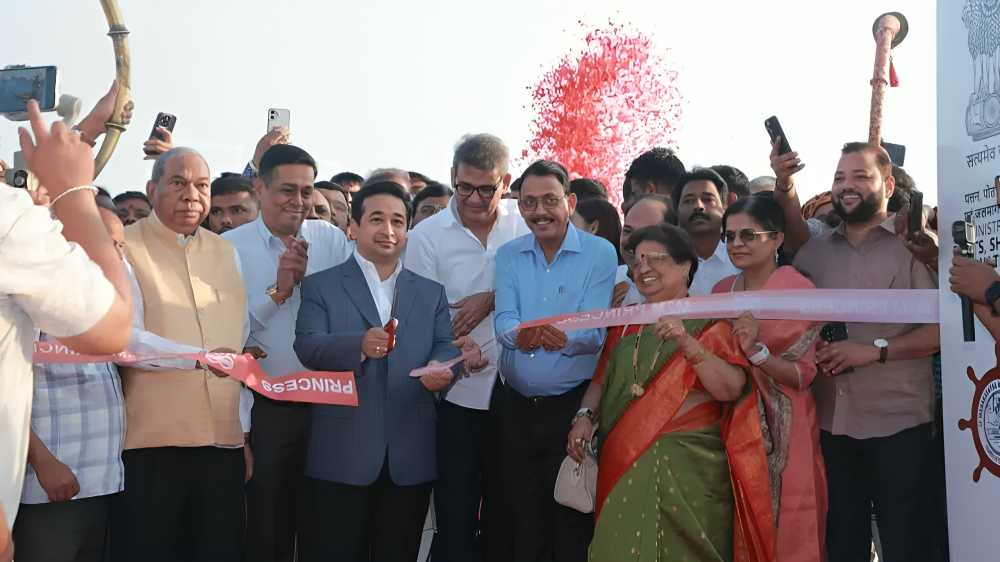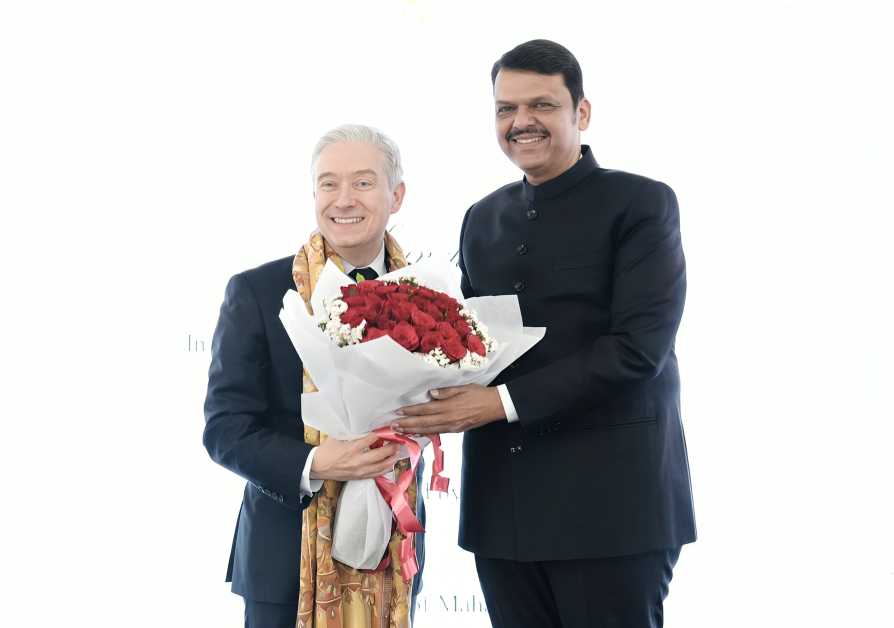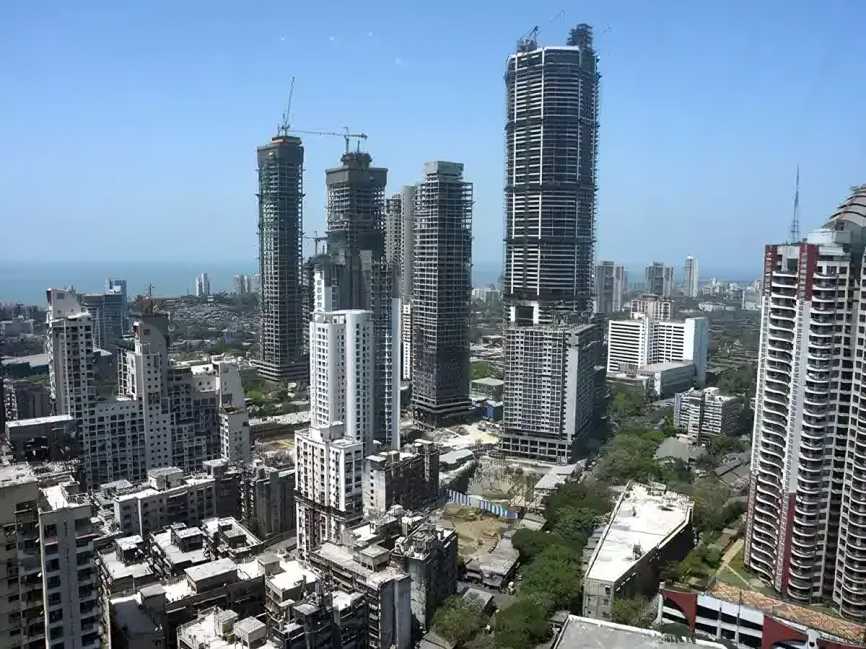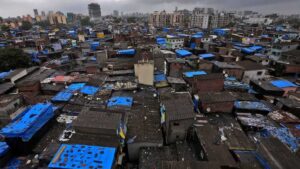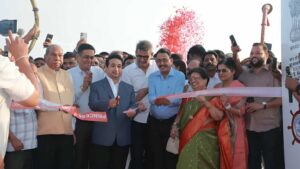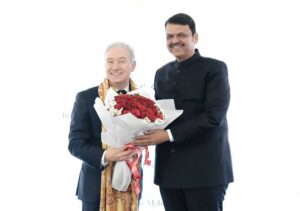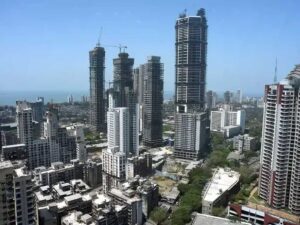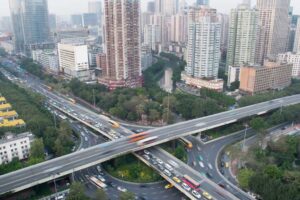October 11, 2025: Commuters travelling from Mumbai’s eastern suburbs to the Bandra-Kurla Complex (BKC) continue to face major last-mile connectivity challenges despite the launch of Metro Lines 1 and 3. Those alighting at Kurla station encounter daily chaos — overcrowded footpaths, unregulated shared rickshaws, and heavy congestion — all of which make the final leg of their journey particularly difficult.
In response, The Walking Project, a sustainable mobility advocacy group, has launched the #Walk2BKC initiative, proposing pedestrian-friendly solutions to improve connectivity and reduce vehicle dependence. The group has recommended the construction of two pedestrian bridges across the Mithi River — one linking Chunabhatti station to southern BKC (800 metres) and another from Sion station (1.2 km). These bridges would provide safe, eco-friendly, and direct access for commuters.
“Currently, the lack of pedestrian infrastructure forces commuters to navigate crowded streets and chaotic rickshaw lines,” said Vedant Mhatre, Project Manager at The Walking Project. “Dedicated pedestrian bridges could transform the commuting experience, ease congestion at Kurla, and integrate bus services at bridge landings for smoother onward travel.”
Regular commuters echo these concerns. “Exiting Kurla station is a battle,” said Nishant Bangera, a Thane resident. “Footpaths are encroached by vendors, shared rickshaws flout rules, and waiting for buses in heat or rain is exhausting.” According to The Walking Project, improved access from Sion could also ease the load at Kurla station.
Drawing inspiration from global examples such as Ahmedabad’s Atal Bridge and London’s Millennium Bridge, the group noted that minimal land acquisition would be required, making the project both feasible and cost-effective.
Even with Metro Line 2B under construction, commuters from the eastern suburbs will face similar challenges, as the station will be nearly a kilometre from Kurla. Experts emphasise that pedestrian-focused design is vital for improving safety, reducing emissions, and making Mumbai’s business district more accessible and sustainable.
Source: Urban Acres




